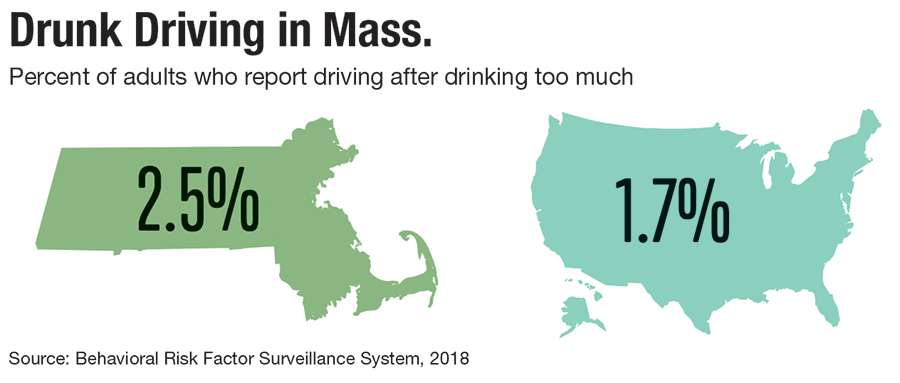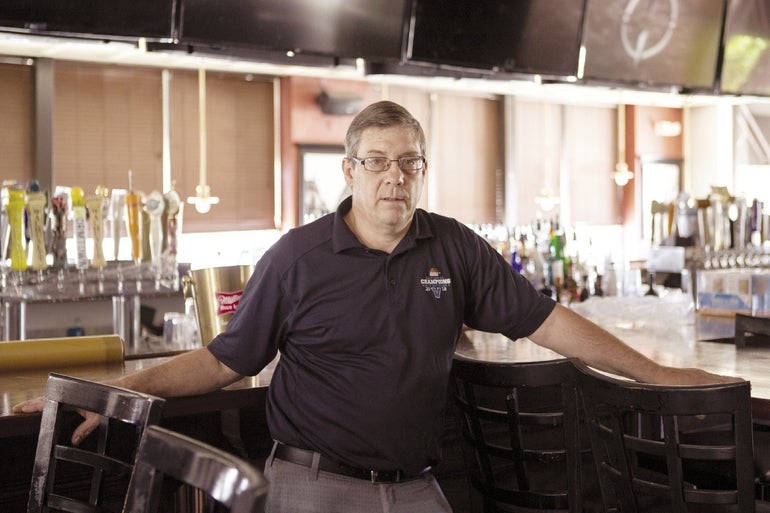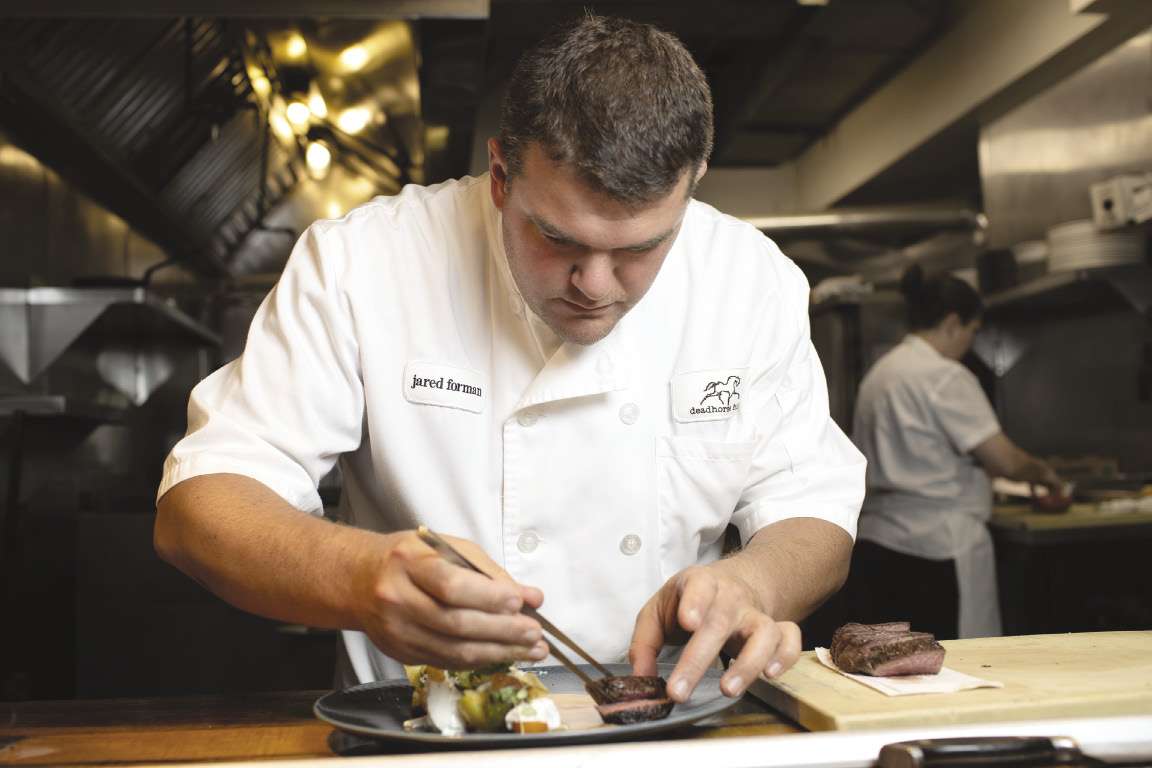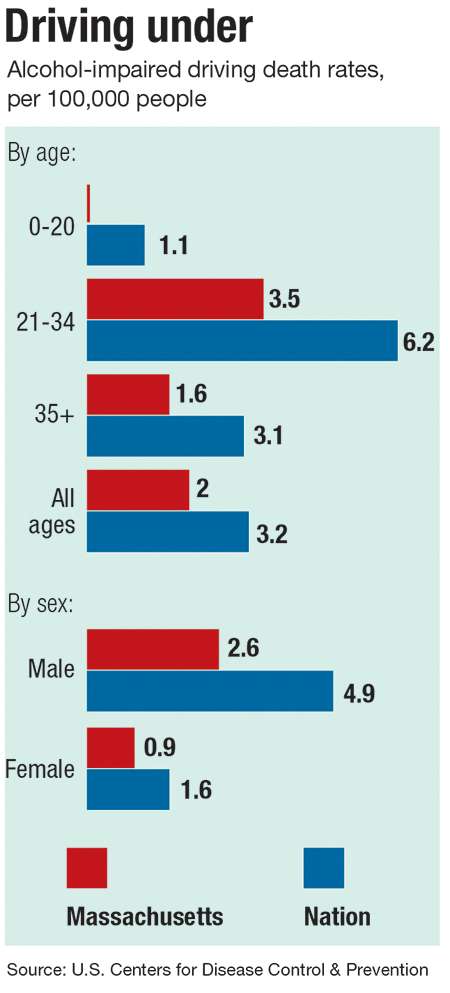
Central Mass. restaurants are hesitant about the two latest efforts to repeal the ban on Happy Hours
 Photo | Matt Wright
David Domenick, owner of Compass Tavern in Worcester
Photo | Matt Wright
David Domenick, owner of Compass Tavern in Worcester
Happy Hour has long been depicted as a time for fun, celebration, and most importantly, discounted drinks.
After being banned for almost 40 years in Massachusetts, multiple attempts to reverse the state’s stance on Happy Hour have failed, but two new efforts are picking up momentum. State Rep. Mike Connolly (D-Cambridge) has drafted a bill to allow for Happy Hours, while separately a Westborough lawyer named Nicholas Silveira has created a Happy Hour petition for a 2022 ballot initiative, which was certified by the Massachusetts Attorney General’s Office in September.
“I pray it does not pass,” said David Domenick, owner of Compass Tavern in Worcester.
Even though Happy Hours provide bars and restaurants the opportunity to bring in patrons during traditionally slower times, Central Massachusetts restaurateurs have been far from universal in their embrace of the proposed change, even as the majority of the public appears to favor it. Business owners worry about the liability of customers overindulging, as well as lower costs for the products with some of the highest profit margins.
“Giving alcohol for free does not help the restaurants recover from the pandemic,” said Steve Clark, vice president of government affairs for the trade group Massachusetts Restaurant Association.

Undoing the ban
In 1984, Massachusetts became the first state to ban Happy Hour when then-Gov. Michael Dukakis eliminated the practice after a series of high-profile drunk driving cases with fatalities, notably Kathleen Barry of Weymouth, who was killed when a drunk driver hit and dragged the 20 year old for 50 feet.
In addition to Massachusetts, Happy Hour is currently banned in Alaska, Delaware, Hawaii, Indiana, Maine, North Carolina, Oklahoma, Rhode Island, Utah, and Vermont.
The Happy Hour debate intensified in July with the release of a study from The MassINC Polling Group, a Boston-based polling firm, showing 70% of Massachusetts residents polled either strongly support or somewhat support bringing back Happy Hour, with only 20% survey takers against the practice.
In his legislative attempt to bring back Happy Hours, Rep. Connolly said he wants to help the hospitality industry recover further from the coronavirus pandemic and plans on having a public process for restaurant leaders and advocates like Mothers Against Drunk Driving to discuss the best approach forward.
“I want to approach this in a way so public safety is at the forefront,” Connolly said. “One of the misconceptions may be this sort of free-for-all, no-holds-barred vision of what Happy Hour might be and certainly, I do not anticipate that would be what any sort of consensus based recommendation might be.”
The bill is slated for a committee hearing later this fall or early next year, Connolly said.
For the ballot measure, Silveira needs to collect the signatures of 80,239 registered voters by Dec. 1 before it can be considered before voters in November 2022. He said the ban on promotional drinking is outdated, particularly with services like ride-sharing available to allow people who overindulge to get home safely.
“The end goal of obviously preventing motor vehicle homicides, or deaths, by way of drunk driving, I think there are many more efficient, more direct ways of curbing those activities in 2021 than there were in 1984,” said Silveira, who sees Happy Hours as a way to help restaurants recover from the pandemic.

Lukewarm reception from restaurants
Jared Forman, chef and owner of deadhorse hill in Worcester, said after his research into the Happy Hour petition, he finds himself at a crossroads.
As a business owner, Forman believes any tool in a restaurant’s repertoire to help them encourage patronage is valuable. Through his own research, he did not find any statistics showing a concrete correlation between Happy Hour and an increase in drunk driving.
As a self-proclaimed upscale restaurant whose staff is careful not to over-serve patrons, Forman would appreciate the opportunity to have creative and fun promotions to make his price points more accessible to the general public. However, he does not believe even with Happy Hour most customers would overindulge on the natural, biodynamic wines he serves, since he is dealing with a different customer base compared to a bar or pub.
“It is more of a cultural thing, rather than slap a law on it,” Forman said about responsible drinking.
The Massachusetts Restaurant Association has not taken a public stance on either Happy Hour proposal, but historically the association has been against the repeal, said Clark.
Most restaurants are not in favor of Happy Hour, he said, and they are especially against any time constraints and free drinks associated with the promotional practice.
“A dollar on free drinks is a dollar not in their pockets,” Clark said.

It is a common misconception that restaurants would wholeheartedly support Happy Hour, but in reality eateries are concerned about undercutting themselves financially to keep up with the competition, liability of overindulging patrons, and public safety, said Clark.
While he believes the current petition and bill are well-intentioned, Clark said encouraging patrons to frequent their favorite restaurants during slow times and weekdays is the most effective means of support.
“I hope they don’t do it because it just encourages people to get drunk,” said Domenick, owner of Compass Tavern.
Domenick first entered the restaurant industry a few years after the ban was instituted, so he avoided the obstacles surrounding Happy Hours; however, he said his wife recalls the partying and fights that happened when customers got too carried away.
He said after 18 months of being locked down because of the pandemic, it is already a tenuous situation trying to control patrons looking for a good time.
“They are like caged animals,” Domenick said.
In September, a large fight broke out at 2 a.m. as patrons were leaving the Compass Tavern, and a U.S. Marine veteran was stabbed in the eye during the scuffell. The man is recovering, although may have permanent sight damage.
Citing safety concerns, Domenick is very much against any bill or petition supporting Happy Hour. In addition to public safety and staff safety, Domenick said this will have a negative impact on restaurants who are already dealing with broken supply chains, inflation, and pandemic recovery.
“I have absolutely no interest in giving product away at my cost and encouraging people to over-indulge,” he said.
If Happy Hour does pass, Domenick is afraid surrounding competition from other restaurants who may discount drinks will force him to participate in a practice he is against, in order to stay economically viable. After the pandemic, he said dealing with Happy Hour is another headache restaurants do not want, nor need, to deal with as they try to financially recover.
“Believe me, alcohol is a dangerous drug. I’ve been serving it for 36 years,” Domenick said.
WBJ Web Partners
Bravo to David Domenick for his comments in opposing lifting the ban on Happy Hours. His comments were accurate, honest, and refreshing.
Sounds to me like Domenick shouldn't be in the tavern business. He calls his customers "caged animals," makes it clear that he takes no responsibility for over-serving his customers, and essentially refers to himself as a drug dealer. (“Believe me, alcohol is a dangerous drug. I’ve been serving it for 36 years.”)
My comment has nothing to do with my stance on Happy Hour. I could take it or leave it.









2 Comments